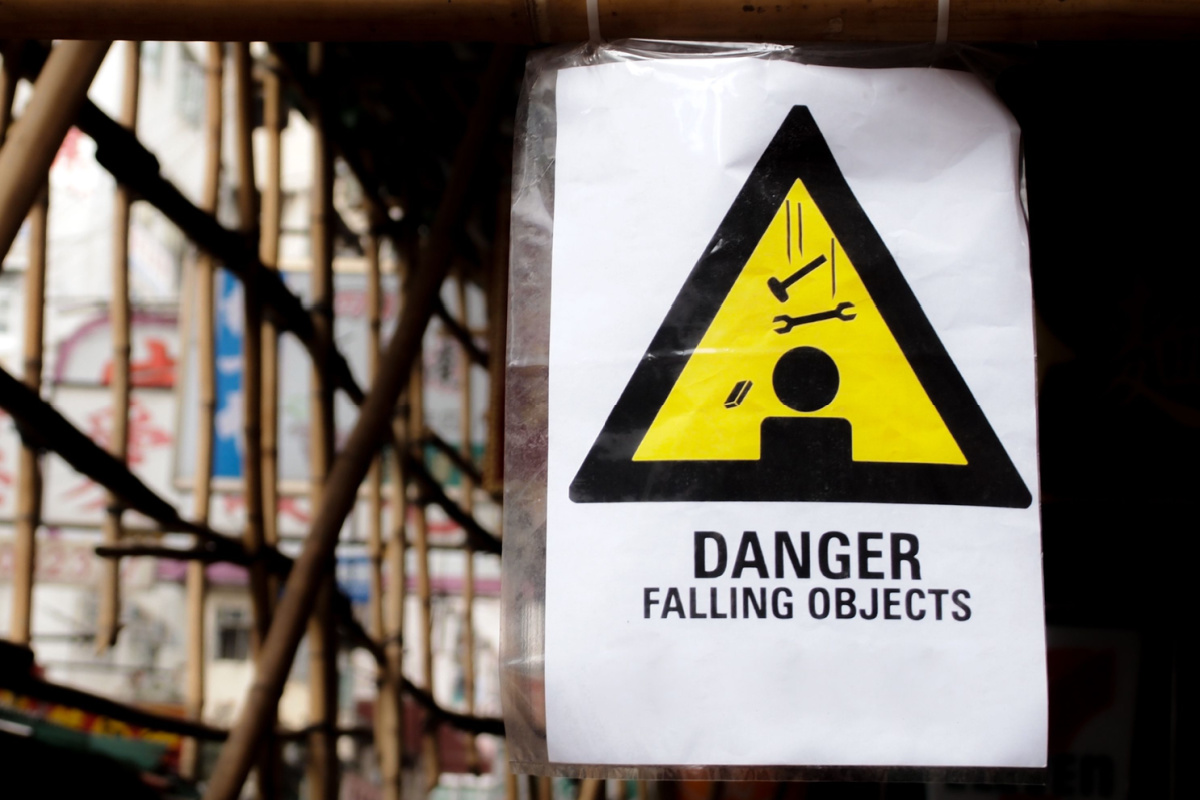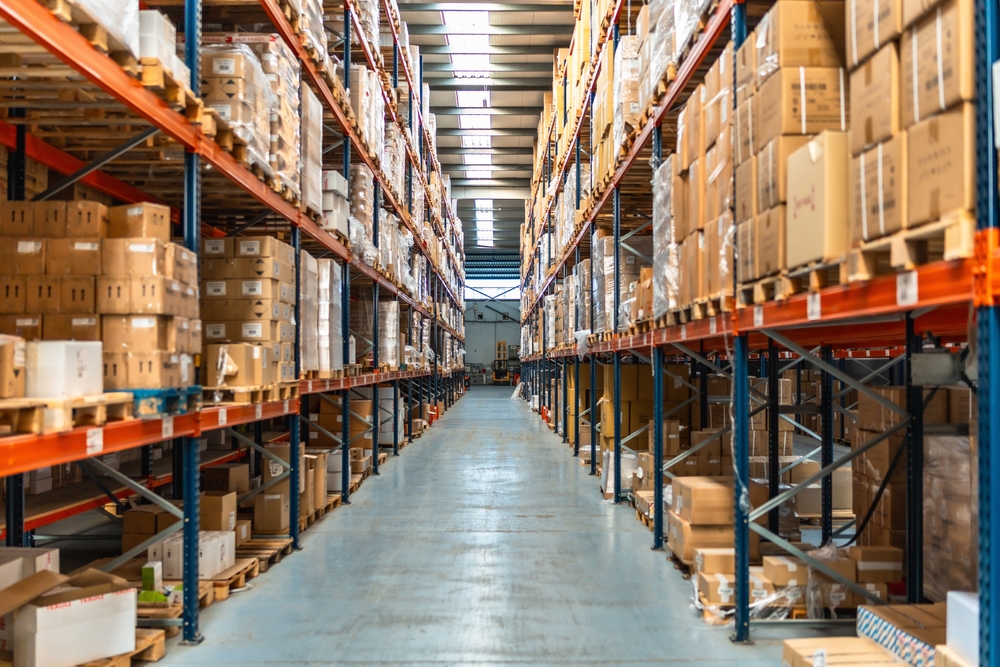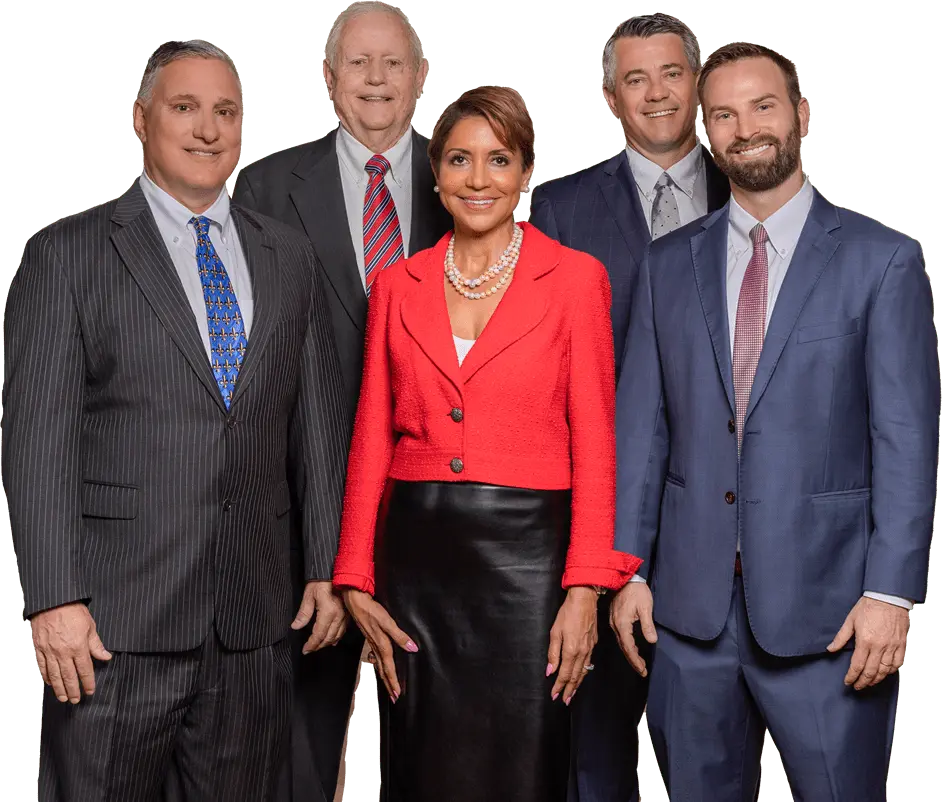
Partner at Charbonnet Law Firm LLC
Practice Areas: Car Accident, Personal Injury

Premises liability law in Louisiana is designed to protect people who are injured because of unsafe property conditions. One type of hazard that falls under this law involves falling objects—items that drop from shelves, scaffolds, or ceilings and cause harm to visitors or workers. Although these incidents aren’t as common as slip-and-fall accidents, they can lead to serious injuries like head trauma, broken bones, or spinal damage.
Falling object claims are often seen in retail stores, construction zones, and event venues. In Louisiana, victims of these accidents may be entitled to compensation if the property owner fails to take reasonable steps to prevent the risk. Whether it’s a box falling from a high shelf or a tool dropping from a scaffold, property owners are legally required to keep their properties secure.
Property owners in Louisiana owe a legal “duty of care” to visitors to their premises. This means they are expected to take reasonable precautions to avoid dangerous conditions—especially those that could cause injury from falling objects. The duty varies depending on the property type and the status of the visitor (invitee, licensee, or trespasser).
Louisiana’s Civil Code Article 2315 establishes that every act whatsoever of man that causes damage to another obliges him by whose fault it happened to repair it.
Retail store managers should ensure merchandise is safely stacked, and shelving is stable. Construction site supervisors must enforce safety measures such as securing tools and placing warning signs. Failure to meet these standards may be considered negligence, making the property owner legally responsible for any injuries that occur.
Falling object injuries can happen in various environments, each with its risks. In retail stores, goods stacked too high or in unsecured shelving units can create danger. A customer may unknowingly knock an item loose, or a worker may accidentally dislodge stock during restocking.
Warehouses also carry significant risk, especially when heavy boxes or materials are stored on high racks. A minor vibration or poor stacking technique can lead to a serious accident.
Construction sites are another common location. Tools, equipment, or debris may fall from scaffolding or platforms if safety nets and tethering systems are not used correctly. Public events like concerts or sports games may pose risks if suspended lighting rigs or decorations are not adequately secured.
In Louisiana, injury claims are affected by what’s called the “comparative fault” system. This means the court can assign a percentage of fault to each party involved in the accident. If a victim is found partially responsible, their compensation is reduced accordingly.
Under Louisiana’s comparative fault system (Civil Code Article 2323), a person’s damages award can be reduced in proportion to their share of the fault.
For example, if a person ignored posted warning signs and were found 25% at fault, they would receive only 75% of the total compensation. This system emphasizes the importance of awareness and caution on both sides—property owners and visitors.

Collecting strong evidence after a falling object injury is essential. Victims should photograph the scene, the object, and any injuries. Video footage and witness statements can help clarify what happened. Expert witnesses—like safety consultants or shelf design specialists—can also explain if the incident was preventable and who may be at fault.
When someone is hurt due to a falling object, the law allows them to seek compensation for the damages they suffered. This includes economic damages like hospital bills, physical therapy, and lost income due to time off work. It also includes non-economic damages like emotional distress and pain and suffering.
In retail premises liability cases involving falling merchandise, courts may consider whether the store followed its own safety protocols and industry standards in displaying and storing goods.
The severity of the damage and how it impacts the person’s life determine how much compensation is awarded. For example, a traumatic brain injury caused by a falling tool may result in a larger settlement than a minor sprain caused by a light decoration.

|
Location Type |
Common Hazard | Potential Responsible Party |
Example Case Scenario |
| Retail Store | Overloaded shelf | Store owner or manager | Box of goods falls on shopper during restocking |
| Warehouse | Poorly stacked inventory | Warehouse operator/employer | Pallet collapse causes worker injury |
| Construction Site | Unsecured tool falls from scaffold | General contractor or site owner | Tool drops onto passerby from elevated area |
| Public Event Venue | Suspended rigging or signage failure | Event organizer or vendor | Stage light falls on attendee |
Yes, you might have a case for premises liability if the Store neglected to secure the goods adequately and someone was hurt as a result.
Photos, videos, witness statements, incident reports, and medical records are essential. Expert testimony may also strengthen your case.
If you’re partially at fault, your compensation will be reduced by your percentage of fault. For example, if you’ve found 20% responsible, you’d receive 80% of the damages.
You may be eligible for compensation for pain and suffering, lost wages, medical costs, and emotional distress, depending on how severe the accident was.
No. Liability depends on whether they breached their duty of care by failing to prevent foreseeable risks. An experienced personal injury lawyer in New Orleans can help investigate the circumstances.
Expert witnesses help establish whether safety standards were met and if the accident was preventable through reasonable precautions.
Falling object injuries can happen suddenly but leave lasting damage. In Louisiana, property owners must take reasonable steps to prevent these accidents. When they don’t, victims may be able to file a premises liability claim to recover damages for their losses.
Understanding how comparative fault works, what evidence to collect, and how damages are calculated can help you navigate the aftermath of such an injury. If you or a loved one was hurt by a falling object on someone else’s property, consider speaking with a law firm that understands Louisiana’s premises liability laws.
Charbonnet Law Firm, LLC is committed to helping injury victims hold negligent property owners accountable under Louisiana law.

With over 50 years of legal experience serving families in the New Orleans area and surrounding Louisiana communities, our firm takes pride in providing clients with personalized legal services tailored to individual needs.